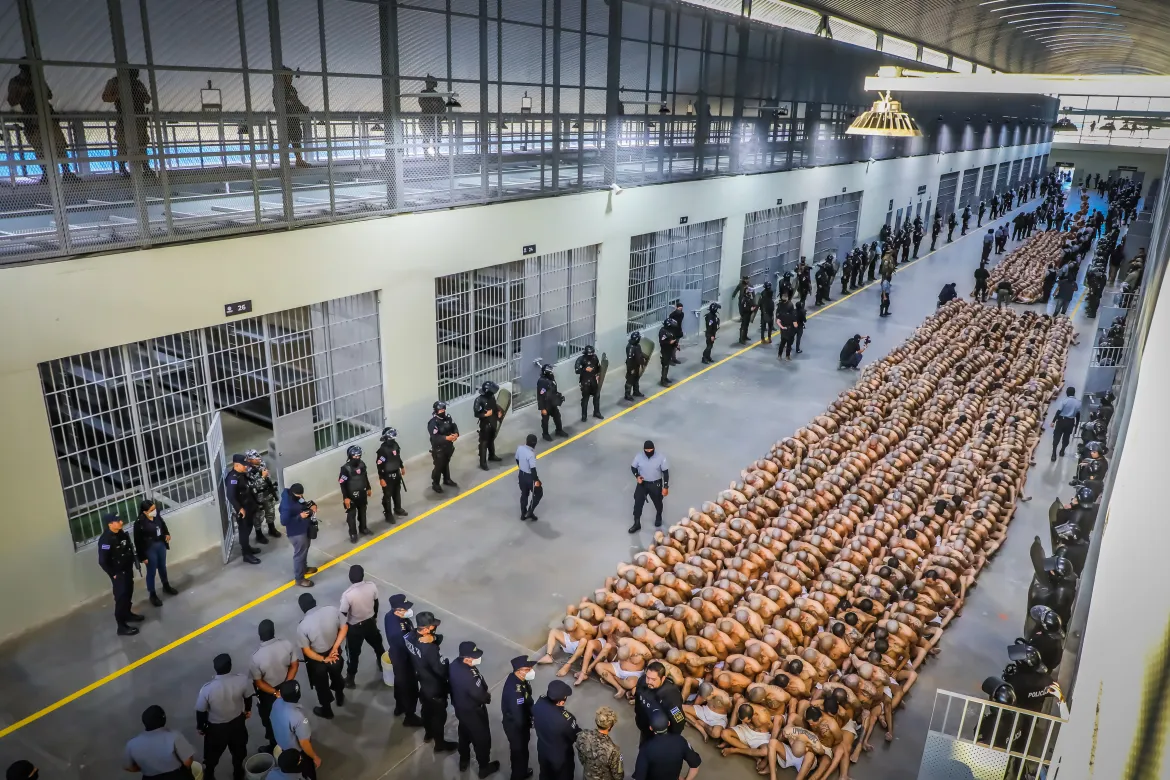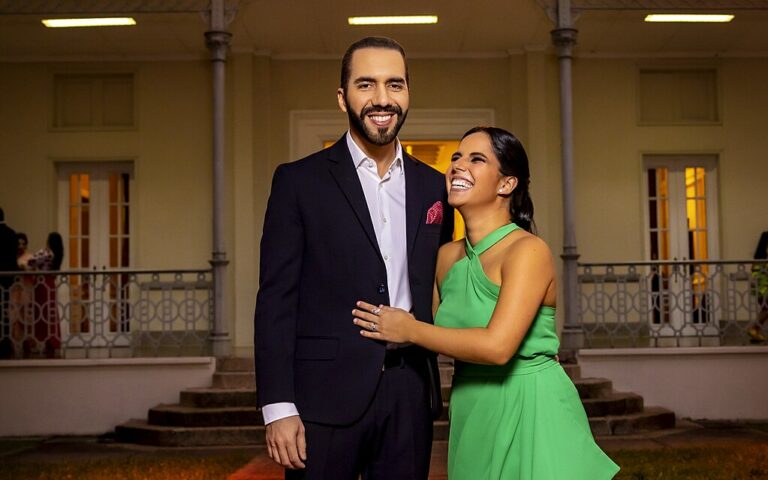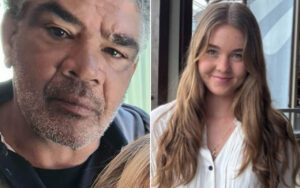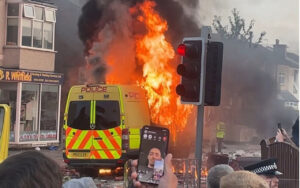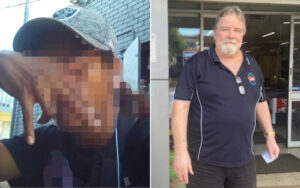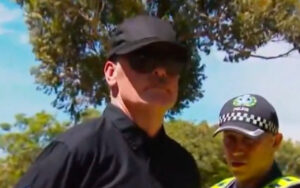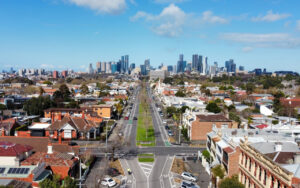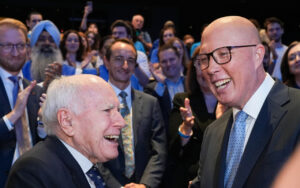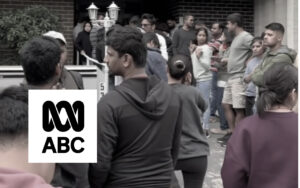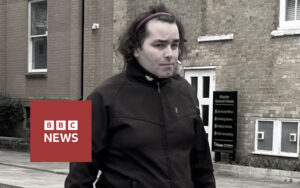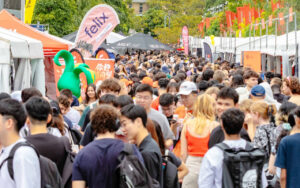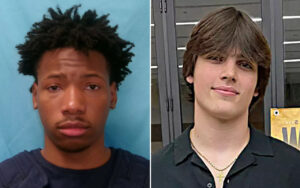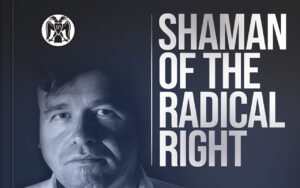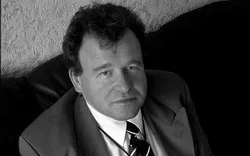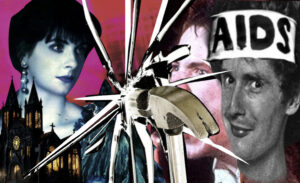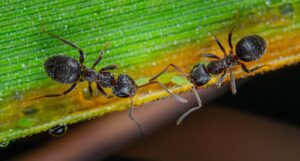The suburb of Redbank Plains, where grandmother Vyleen White, 70, was allegedly murdered by a Sudanese refugee a week ago, sits between two Queensland seats set for by-elections on March 16 – Inala and Ipswich West.
Inala, previously held by left-wing Covid tyrant ex-premier Annastacia Palaszcsuk, has never been lost by Labor and is considered one of the party’s safest seats.
Ipswich West is also considered a safe Labor seat, held with a margin of 14.3%, and has only been won by other parties three times since its creation in 1960.
But after the savage alleged stabbing of Ms White in front of her six-year-old grandmother by an African teenager, who was out on bail for armed robberies and allegedly wanted to steal her 2009 Hyundai Getz before killing her for no reason, there are murmurs of a swing away from Labor.
Opposition leader David Crisafulli has promised to focus on the state’s youth crime crisis, and last week declared: “Crime will always be lower under an LNP government, and we will set targets that show Queenslanders we are fair dinkum about driving crime down, year on year.
“And it can be done – go back and look at the history year on year, and you will see that it can be done.”
Sadly, while Mr Crisafulli is right about Labor’s woeful handling of law and order and his own Liberal National Party’s superior record, extremely unlikely by-election wins in Inala and Ipswich West followed by a slightly-less unlikely LNP win at the state election in October would hardly be the panacea Queensland needs.
How are his solutions – which include making breach of bail an offence, removing detention as a last resort, and increasing police numbers – supposed to stop the rampant stabbings, gang violence, car thefts and home invasions that plague the state from Cairns to Coolangatta?
The short answer is they cannot, and will not.
What we need is not a David Crisafulli, but a Nayib Bukele.
The Salvadoran president has show that being tough on crime works by taking his country from the most dangerous in the world to the safest in the Western Hemisphere in less than five years. El Salvador now has a murder rate only slightly higher than Queensland’s.
And while it has not been easy politically – he has faced immense challenges from a deeply corrupt establishment, meddling foreign NGOs and a hostile globalist political and media class – his methods have been simple.
Bukele, unafraid to wield state power, implemented a six-phase security and anti-gang program which can be summarised as follows:
- Preparation – massive police and military mobilisation in gang hotspots, prison crackdown
- Opportunity – improving healthcare and education, providing facility for young people
- Modernisation – new equipment and funding to improve police capabilities
- Incursion – entering gang territory and former no-go zones
- Extraction – mass arrests and incarceration, construction of new super-jail
- Integration – training, employment and poverty reduction programs
The result? A homicide rate of 2.4/100,000 people, down from 50.4 the year before Bukele took office.
Queensland, of course, is a much easier case, but nonetheless the state’s crime crisis cannot be solved by three years of slightly tougher LNP policies, inevitably followed by another three years of Labor making the laws weaker than ever, and so on.
We need a Bukele type figure who is willing to propose tough common-sense solutions – zero tolerance, harsh sentences, and more police – and has the will to implement them.
After Ms White’s murder, current Premier Steven Miles showed his hand by saying: “I’ve heard some politicians get very close to saying that they’d guarantee they could have prevented this murder.
“That’s a pretty incredible statement to be trying to make. Nobody anywhere in the world has eliminated all violent crime.”
That may be true, but Bukele has come very close, and he’s not done yet.
